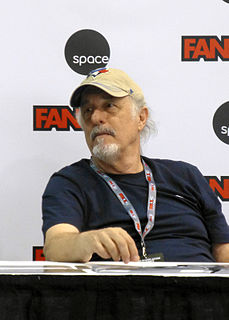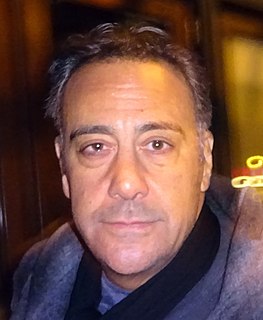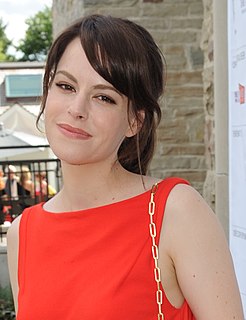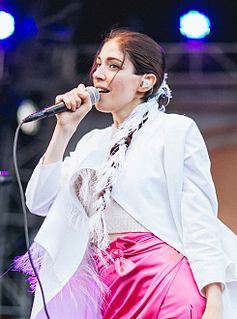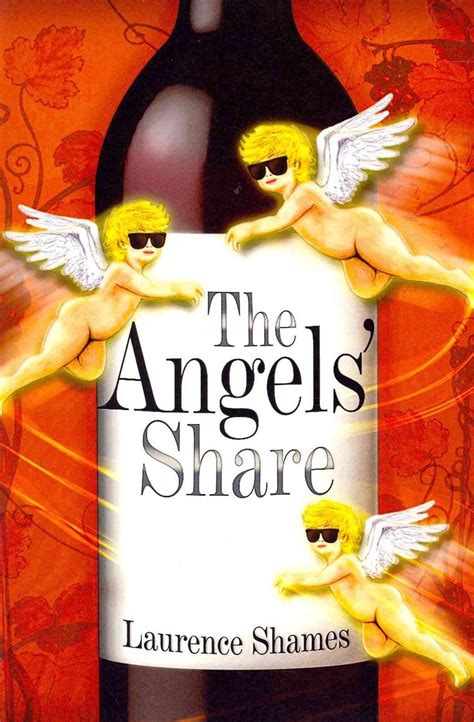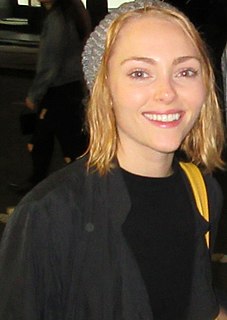A Quote by Nick Castle
Escape' really helped launch my career as a writer/director, so from there I just kind of took off on my own.
Related Quotes
The expense of getting into space is the rocket launch, the rocket itself. Rocket's right now, commercial rockets cost probably somewhere between $50, or $120, or $150 million per launch. And those are all expendable. That is, you've got to buy a new rocket for each launch. So, that really is the critical part. If there was some kind of really, a revolutionary breakthrough and the price of rockets fell by an order of magnitude, I mean, just imagine what that would do as far as getting access to more ordinary people.
There's one scene where I took my t-shirt off. I was wearing a t-shirt and a hoodie, and I took my hoodie off and took my t-shirt off to give to the girl because she got her top dirty or something. It was like, why don't I just give her my hoodie - that makes no sense whatsoever! I just took off another layer just to take my top off.
Wayne Wang, the director, really helped me become a more mature actress. When I first started filming, I was really over the top. He just helped bring me down and make me real. That was really wonderful, a really wonderful experience. Also, what I learned about filming is it takes forever. I mean, there are so many different angles and shots. I mean, it just takes forever.
